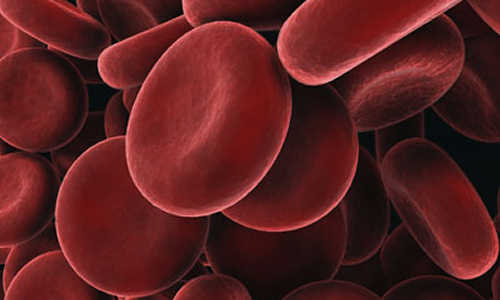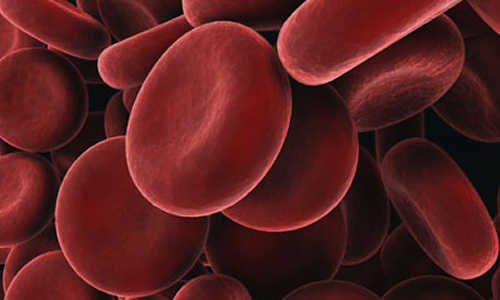Every day, thousands of people need donated blood. But only blood without A- or B-type antigens, such as type O, can be given to all of those in need, and it’s usually in short supply. Now scientists are making strides toward fixing the situation. In ACS’ Journal of the American Chemical Society, they report an efficient way to transform A and B blood into a neutral type that can be given to any patient.
Stephen G. Withers and colleagues note that currently, blood transfusions require that the blood type of the donor match that of the recipient. If they aren’t the same, a patient can suffer serious side effects, and could even die. The exception is the universal-donor blood type O, which can be given to anyone because it doesn’t have the A or B antigens that could provoke an immune reaction. For years, scientists have been searching for a way to convert types A and B into type O. They found that some enzymes from bacteria can clip the sugars off red blood cells that give blood its “type.” But the enzymes are not very efficient. Withers’ team wanted to see if they could boost the enzymes’ activity.
The researchers tweaked one of those enzymes and improved its ability to remove type-determining sugars by 170-fold, rendering it antigen-neutral and more likely to be accepted by patients regardless of their blood type. In addition to blood transfusions, the researchers say their advance could potentially allow organ and tissue transplants from donors that would otherwise be mismatched.
Story Source:
The above story is based on materials provided by American Chemical Society.






